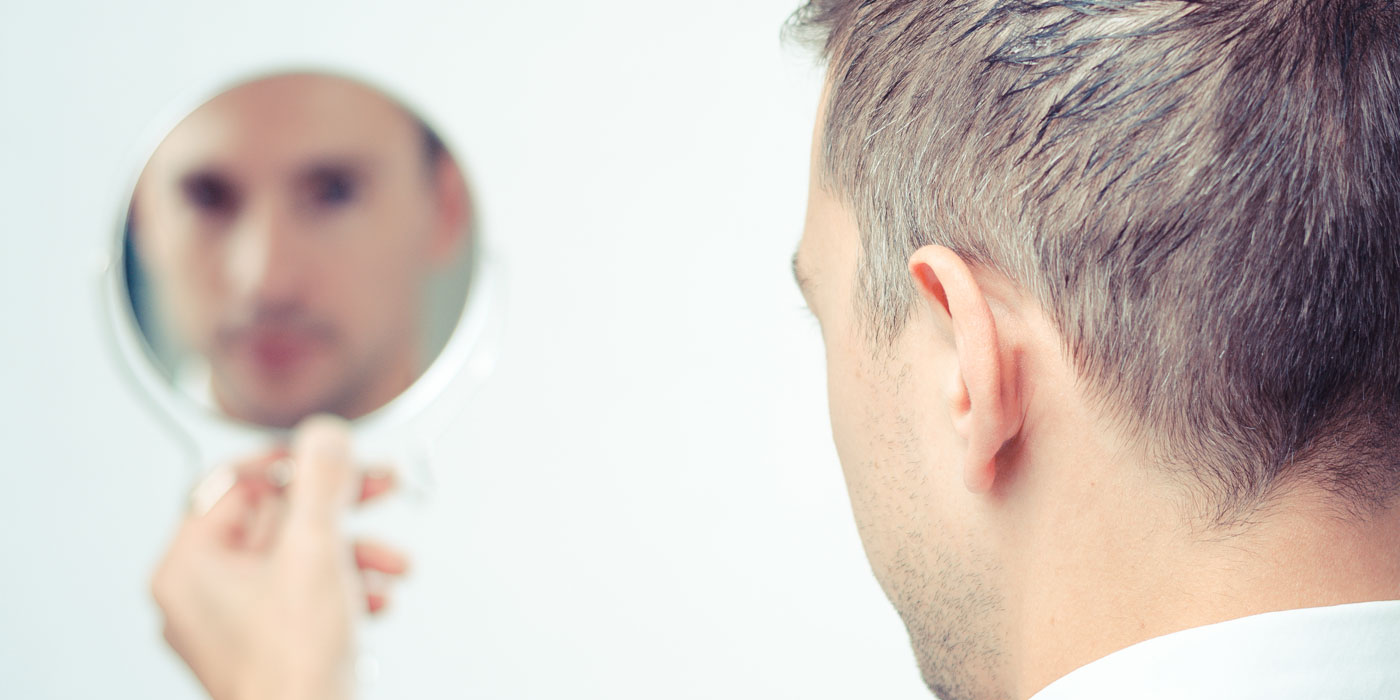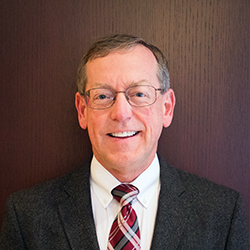
What is reflective practice? James Stronge, in Qualities of Effective Teachers (2007), describes reflective practice as “a careful review of and thoughtfulness about one’s own teaching practice.”
Who has time for that?
Aren’t most music teachers simply trying to juggle the multitude of responsibilities that completely consume our waking hours? Despite that obvious reality, if we don’t occasionally take a moment to reflect on what we and our students are doing, how will we know if we are heading in the right direction? If we simply put our program on autopilot without ever taking a good look and listen to what is going on, we may be following a path that doesn’t really serve the needs of our students.
Consider the wisdom of Ferris Bueller, “Life moves pretty fast. If you don’t stop and look around once in a while, you could miss it.” Indeed.
The Pros and Cons of Reflection
We’ve all heard the adage, “If you keep doing what you have always done, you’ll keep getting what you’ve always gotten.”
For some of us that might be a good thing; for others, not so much. As circumstances and students change, maybe it is time to take a moment to reflect on what we do and how we do it, and to ask ourselves if we are going in the right direction and doing what is best for our students.
Now, before you stop reading, I want to make it clear that I am not advocating a full-scale audit of every aspect of your teaching and program. Small, manageable acts of self-reflection can be very enlightening; they can reveal realities we have chosen to ignore or have subconsciously relegated to our periphery simply to manage the tedium of the day to day.
Stronge (2007), says that reflective teachers know their areas of personal strength and weakness, and they regularly use reflection to improve their teaching. The process for National Board certification recognizes this belief also, and relies heavily on self-reflection and documentation of individual teacher practice. Charlotte Danielson (Enhancing Professional Practice: A Framework for Teaching, 1996) writes that “The importance of reflection on practice is governed by the belief that teaching, given its complexity, can never be perfect…no matter how good a lesson (rehearsal) was, it can always be improved.”
Reflective Activities
There are many ways that even the busiest of teachers can make time for some type of reflective practice. The scope of these activities can range anywhere from audio or video recording of a class or a rehearsal, to short student surveys asking them to reflect on a particular performance or rehearsal, to self-reflection inventories done in complete privacy for the individual teacher’s eyes only. The most important thing is to do something that causes us to think about and reflect on what we do.
In order to help frame our understanding (and subsequent applications) of reflective practice, consider that reflection can go in three different directions – reflecting on the past, the present or the future (van Manen, M., The Tact of Teaching: The Meaning of Pedagogical Thoughtfulness, 1991.)
Anticipatory Reflection
Anticipatory reflection can be thought of as reflection for action. It includes such things as lesson planning (systematic anticipatory thinking), organization and preparedness, and deciding on a course of action after deliberating about possible alternatives (repertoire selection, for instance.)
Active Reflection
Active / interactive reflection can be considered as reflection in action. This includes in-the-moment/constant decision making and/or responsiveness to immediate stimuli (changing direction mid rehearsal). In most cases this is automatic. It’s all about thinking attentively in the moment and not having the luxury of being reflectively distanced from the situation.
The challenge inherent is this second type of reflection is the chaos of conflicting stimuli that characterizes most classrooms. Lee Shulman, in The Wisdom of Practice (2001) says this about the teaching environment: “The practice of teaching involves a far more complex task environment than does that of medicine. The teacher is confronted, not with a single patient, but with a classroom filled with 25 or 35 (or more) youngsters…The only time a physician could possibly encounter a situation comparable in complexity would be in the emergency room of a hospital during or after a natural disaster.”
Reflection on Action
The third type of reflection van Manen writes about is the type most of us typically associate with the idea of reflective practice, reflection on action. This involves us looking back and trying to utilize past pedagogical experiences in the hopes of making meaning and gainer deeper understanding.
How can we put this to use?
How can you turn this theory and wisdom into some type of actionable intel? You might review a day’s work mentally or keep a journal or portfolio. You could meet regularly with a mentor or colleague. Using a guided reflection tool* as a no-fault self-assessment aid is another great first step.
Consider these additional possibilities for powerful yet manageable reflective practices you can initiate anytime and personalize so that they will actually happen, but on your terms.
- Capture audio or video of rehearsals/classes –then honestly reflect on what you see and hear. Remember this is no fault – no one else needs to see or hear this. This is for your edification and enlightenment. You might also use a guided observation tool* to aid in unpacking what you see and what you hear.
- Use a rehearsal rubric* to engage your students in self-assessment throughout your rehearsals. This can help distribute the ownership of rehearsal success from you to them.
- Use a performance assessment rubric* to initiate frequent student self-assessment – again pulling the students into a reflective posture within the context of the class or rehearsal.
- Use a conducting evaluation tool* for self-analysis of what is (or is not) happening gesturally on the podium.
- Have your students use self-assessment tools* to help you (and them) better understand what they experience in your classes and rehearsals.
* Related materials are available from the author.
SmartMusic is a great resource for self-assessment tools. Try it for free.
Full Pedagogical Awareness
The key to this whole reflective practice thing is to become fully aware of what we are doing pedagogically. Why? Because only then can we begin to engage in a cycle of continuous pedagogical growth – revisiting, reflecting, refining. This will allow us to make decisions based on thoughtful inquiry and reflection rather than dogmatic practice. We need to consider meanings and implications of our actions and decisions – both short term and long term. And once we begin this process, we can begin to see and hear what we really do – or don’t do – not just what we think we do. That reality check is what reflective practice is all about.
When we become more reflective in our practice, we have the potential to lead our students into reflective practice by example. We can engage them in reflective behavior and have them share what they see and hear and have them support their positions.
- How did that performance compare to the one just prior?
- How was it better?
- What could be improved and how might that improvement be made?
As we become more comfortable and adept at reflective practice, and as we catalyze this same type of reflective mindset in our students, we can begin to see and hear our classes and rehearsals in a whole new way. We can step through the looking glass into the deeper realities of our teaching and learning situations. To paraphrase Marcel Proust, “the real voyage of discovery consists not in seeking new landscapes but in having new eyes.”
